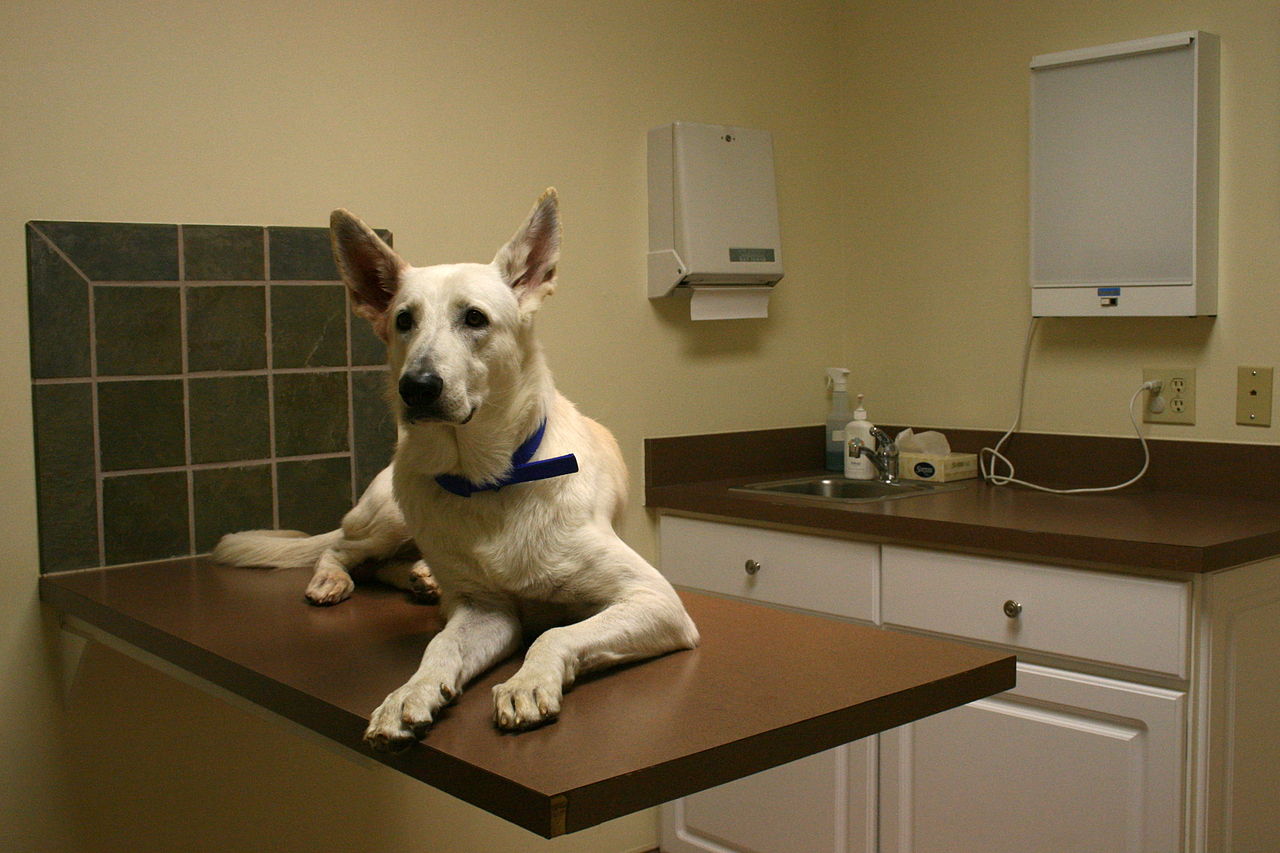Duchenne Muscular Dystrophy (DMD) is caused by a mutation in the distrophin gene which is located in the x chromosome. Distrophin is an essential part of muscle tissue. Deficiency or loss of the gene results in muscle wasting and eventually, death.
After years of research, a study was conducted using a miniature version of this large gene and adding a harmless virus for delivery to the correct site in the body.
Dogs receiving the gene therapy were 2-3 months old and showing symptoms of the disease. By 6-7 months old, the dogs were developing normally.
Dogs can develop DMD early in life, at 8 weeks old. Golden Retrievers are at highest risk for the disease, but it has been reported in Labrador Retrievers, Weimaraners, Short-haired Pointers and Corgis.
Male dogs can inherit the mutated distrophin gene from their mothers. If females have one affected chromosome they can be carriers. If the gene is present in each x chromosome, females can develop the disease.
Symptoms usually begin developing at 8 weeks old. Signs are general weakness, thickening of the tongue, difficulty swallowing, coughing spasms, muscle atrophy, slow heart rate, poor appetite, poor growth.
Diagnosis is made through blood tests to eliminate other causes and a biopsy of muscle tissue.
Fortunately DMD is a rare disease. But it is a fatal disease withb most dogs succumbing by 6 weeks of age. There have been no other effective treatments until the recent study.
While carriers of the mutated gene can’t be identified, those discovered to be carriers and any offspring should be sterilized to prevent further transmission.



